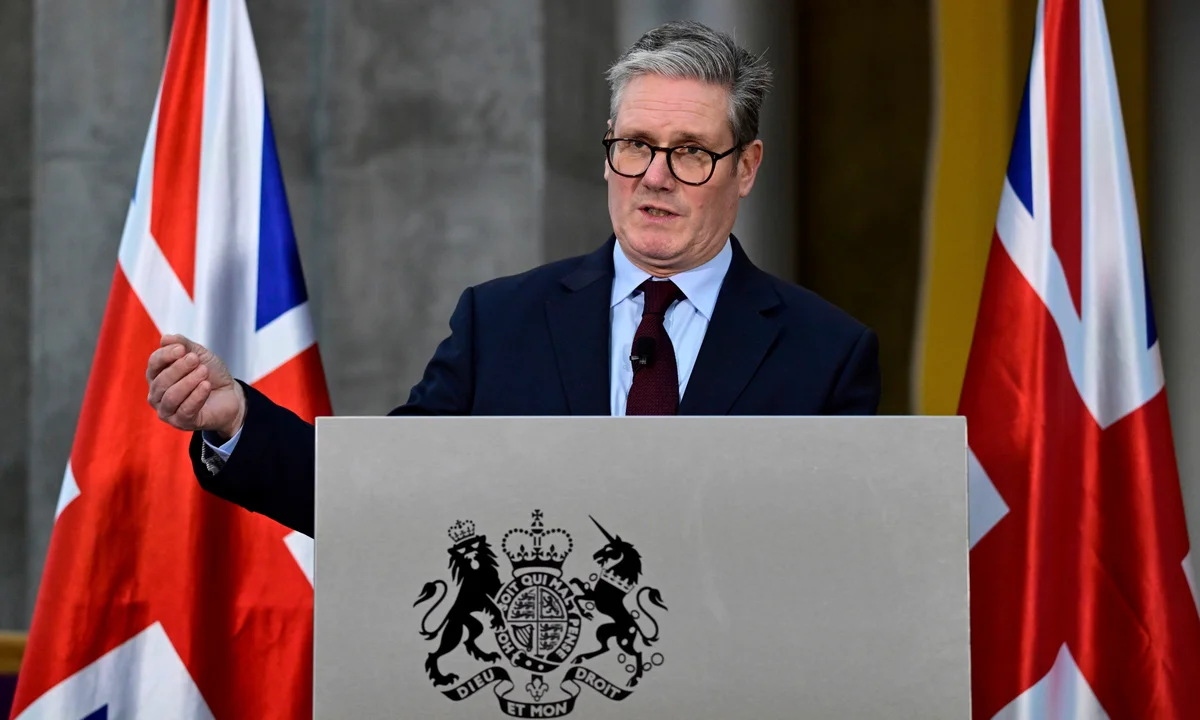The 2024 Commonwealth Heads of Government Meeting, held in Samoa, has brought renewed calls for reparations for the transatlantic slave trade. Caribbean leaders, led by Barbados Prime Minister Mia Mottley, have reiterated demands for the UK to take responsibility for its colonial past and offer reparations. During a speech at the United Nations, Mottley emphasized the importance of “reparatory justice,” stressing that the legacy of slavery continues to impact former colonies economically and socially.
Mottley has been vocal in advocating for financial compensation, citing estimates of $261 billion owed by the UK to Caribbean nations. She met with King Charles III earlier in the month, acknowledging his understanding of the importance of the debate. King Charles has expressed personal regret for Britain’s role in the slave trade in the past, but formal discussions on reparations remain absent from official British policy.
UK’s Stance on Reparations
Despite growing international pressure, UK Prime Minister Keir Starmer firmly rejected placing the topic of reparations on the agenda for the Commonwealth summit. Downing Street reaffirmed this stance, stating, “We do not pay reparations.” The UK’s resistance aligns with the previous Conservative government’s position, which consistently opposed formal reparatory payments. Former Prime Minister Rishi Sunak had previously stated that delving into Britain’s history in this way was not a productive path forward.
However, Labour MP Bell Ribeiro-Addy, chair of the all-party parliamentary group on Afrikan reparations, has argued that the UK has a “moral duty” to address the historical injustices committed during the colonial era. She pointed out that other governments and international institutions have acknowledged their roles and the resulting legacies of racism and impoverishment.
Rising Pressure from the Commonwealth
During the summit, the issue of reparations was expected to be a major talking point, especially with several Commonwealth leaders expressing their support for these demands. Leaders from Ghana, Lesotho, and Gambia—all contenders for the next Commonwealth Secretary-General position—have voiced their commitment to advancing the reparations agenda. Caribbean nations, alongside other African nations, are pushing for a comprehensive reckoning with the consequences of British colonialism. The push for reparations has been intensified in recent years by the global Black Lives Matter movement, which has reignited debates over historical injustices and their modern-day repercussions. Advocates argue that without meaningful reparatory measures, the deep-rooted inequities left by colonial exploitation will continue to persist.
Looking Ahead: A Continuing Debate
The demand for reparations has been a long-standing issue within the Commonwealth, but with increasing calls for accountability, the UK faces mounting pressure to address its colonial legacy. While Caribbean leaders like Mia Mottley continue to lead the charge, the British government’s firm resistance suggests that the debate over reparations will persist in the coming years. Analysts believe that if the UK remains unmoved, it risks straining its relationships with Commonwealth nations that continue to grapple with the enduring impacts of the transatlantic slave trade.
This renewed push highlights not just the call for reparations but also the growing momentum behind re-examining the historical injustices of colonialism. As these nations demand acknowledgment and reparatory justice, the Commonwealth summit in Samoa serves as a reminder that history and its consequences continue to shape global politics today.


 Netanyahu’s Residence Targeted in Another Attack
Netanyahu’s Residence Targeted in Another Attack Russia Halts Gas Supplies to Austria, Marking a Shift in European Energy Relations
Russia Halts Gas Supplies to Austria, Marking a Shift in European Energy Relations Israel Conducts Midnight Airstrikes on Southern Beirut
Israel Conducts Midnight Airstrikes on Southern Beirut Trump Appoints Tom Homan as Border Security Chief and Elise Stefanik as UN Ambassador
Trump Appoints Tom Homan as Border Security Chief and Elise Stefanik as UN Ambassador